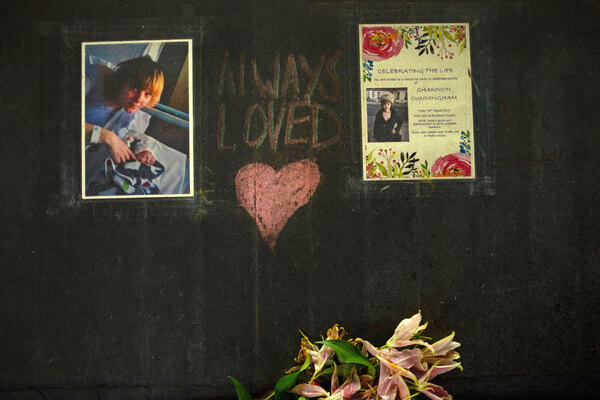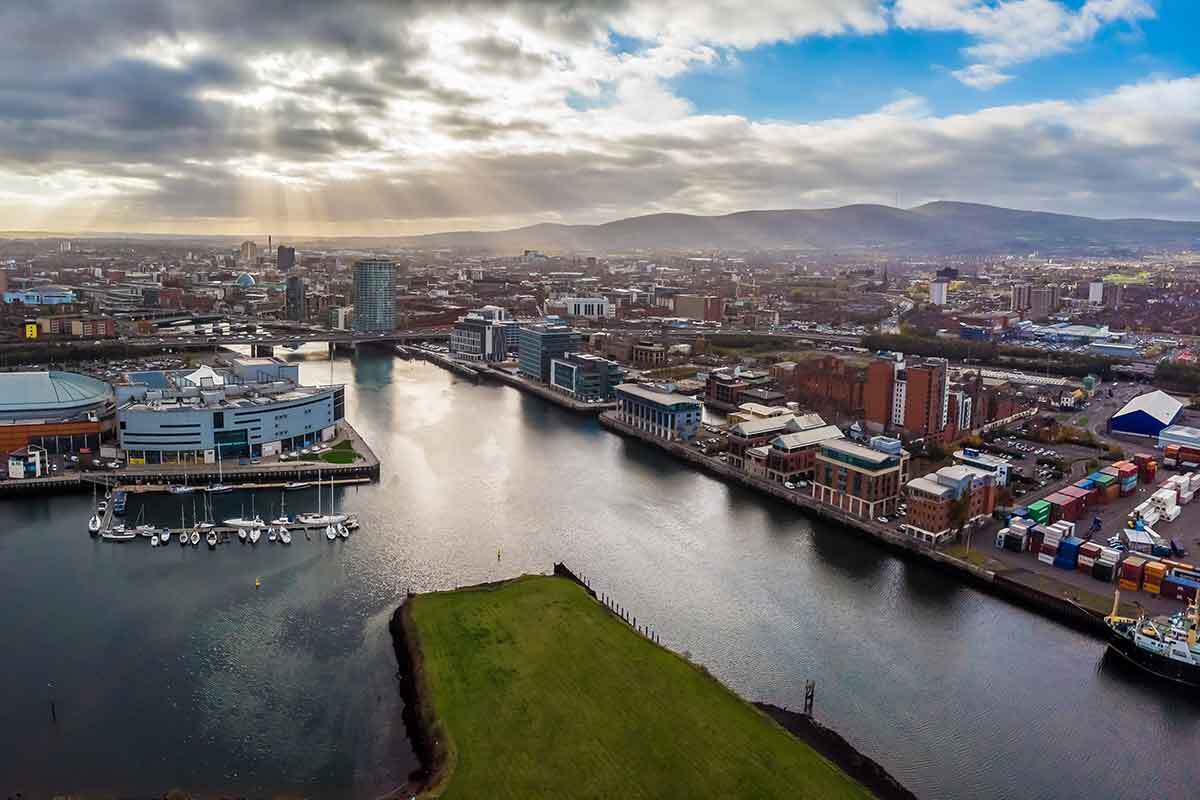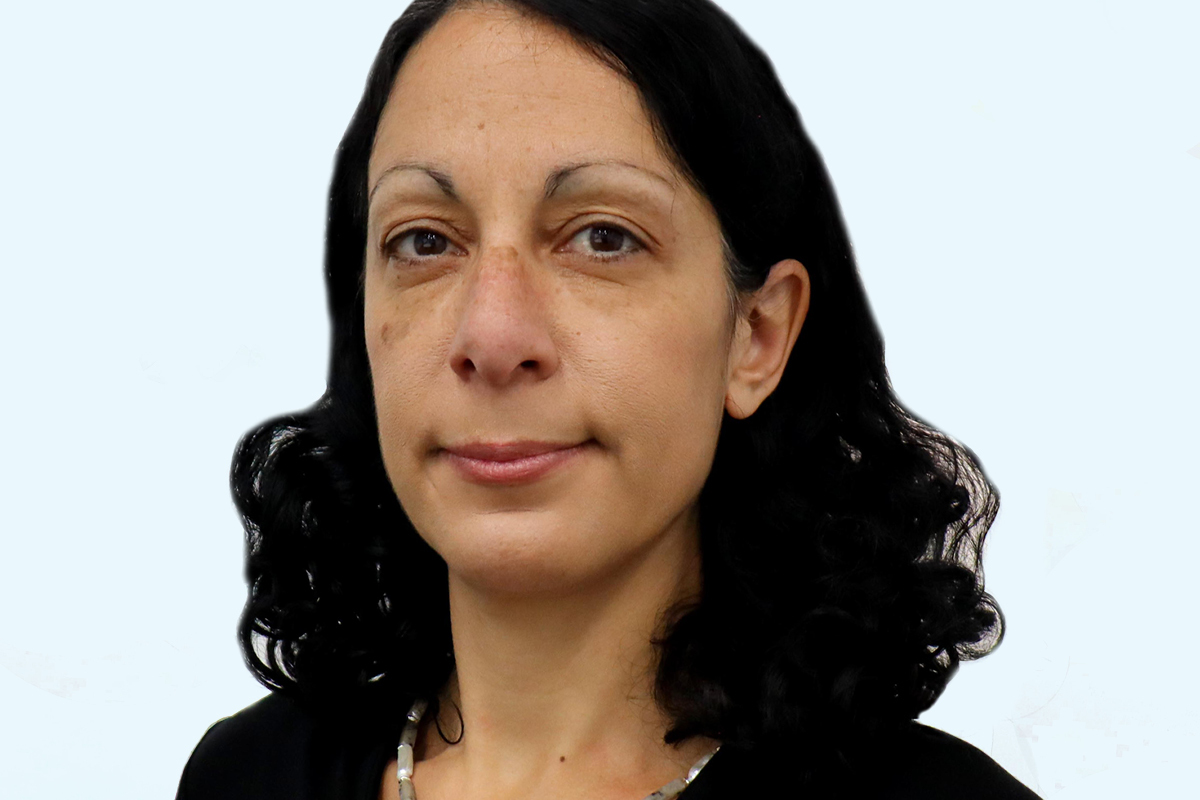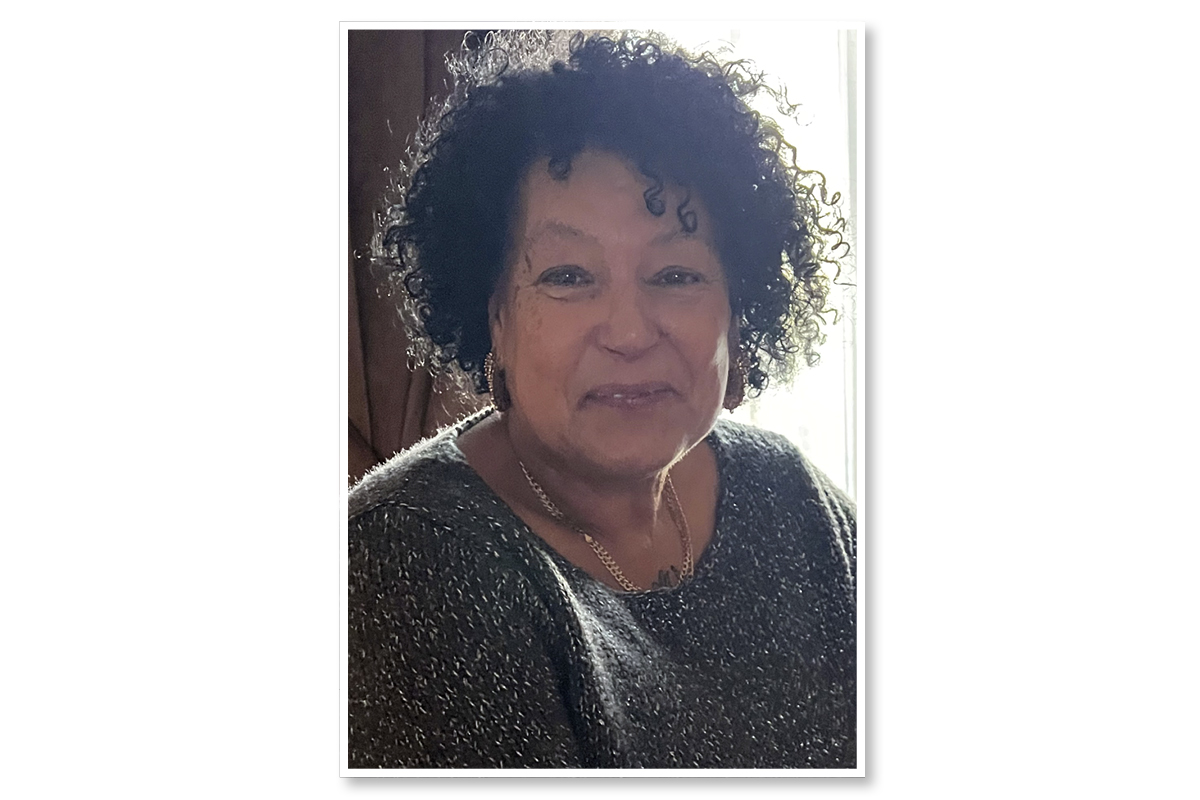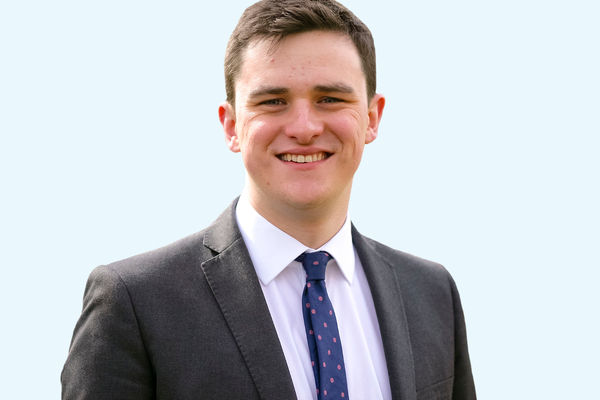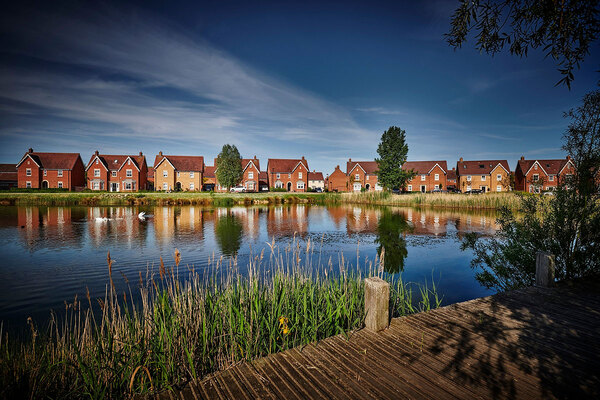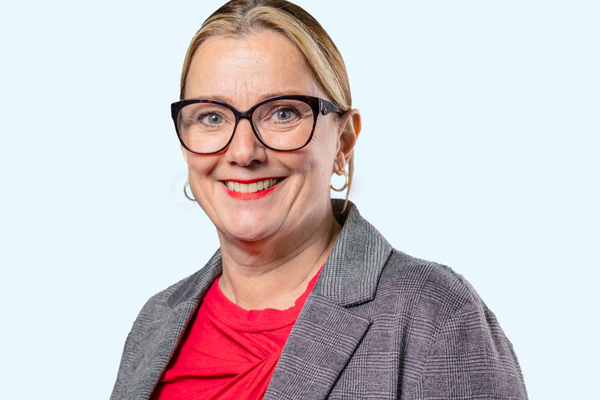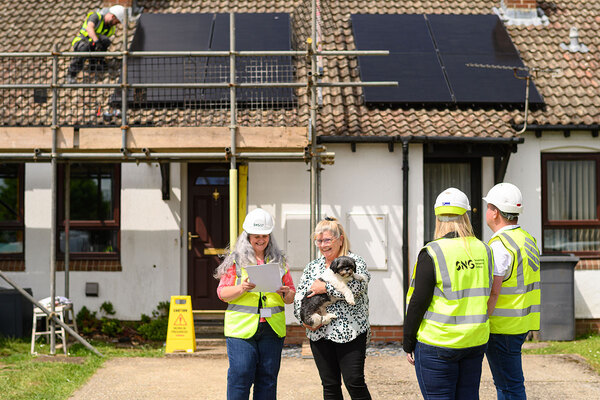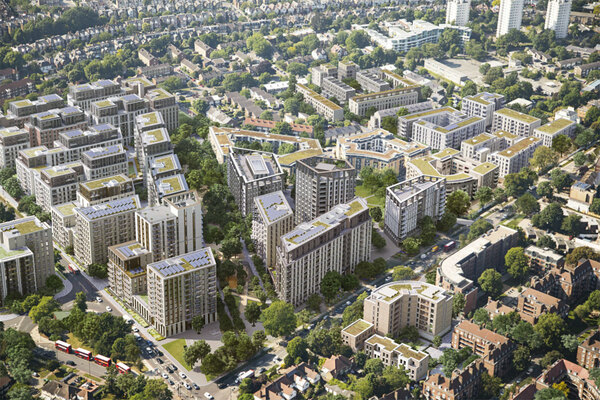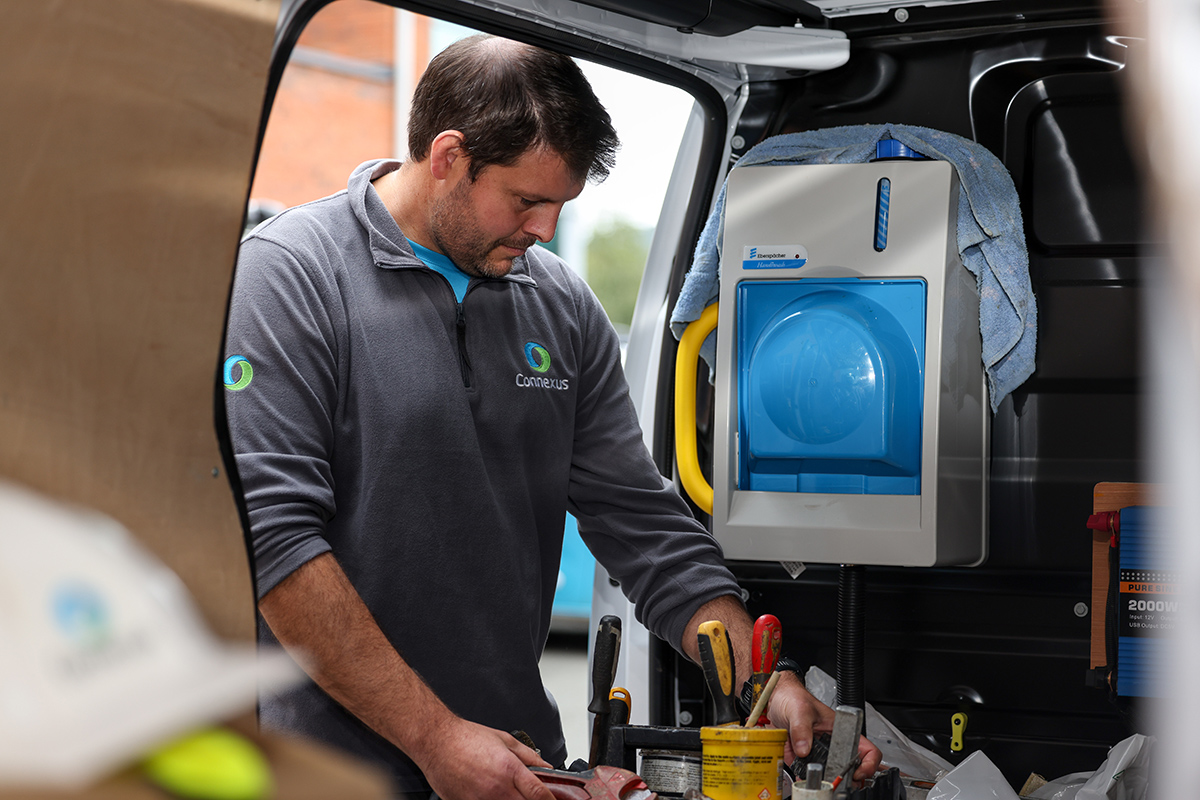You are viewing 1 of your 1 free articles
Women and homelessness: ‘My belief is that nobody should be homeless’
International Women’s Day is about celebrating all women, particularly the most vulnerable. Faima Bakar spoke to Rosalyn, who was homeless as a teen and now volunteers at St Mungo’s, the homelessness charity
International Women’s Day is a celebration of all self-identifying women and also an opportunity to raise awareness about the issues they face. But often, any solidarity is only extended to working, documented and housed women. What about homeless women?
According to the most recent figures, 15% of people sleeping rough across England on a typical night in 2022 were women. The government admits women and girls experiencing rough sleeping are more hidden and therefore may not be captured fully by the snapshot.
To mark this year’s women’s day, St Mungo’s is highlighting the reality of homelessness for women. According to its own figures, women make up 24% of its clients in housing-related support services. Almost half of female clients have experienced domestic violence and 19% had experienced abuse as a child, compared with 5% and 8% of men.
“I have strong views on women being homeless, and men too. My belief is that nobody should be homeless”
Women often end up homeless after prolonged experiences of trauma, including physical, sexual and emotional abuse by those closest to them. Violence and abuse are both a cause and consequence of female homelessness, with women experiencing further abuse, exploitation and violence while homeless. This can mean they are hidden from official figures while homeless, because they rely on couch-surfing to evade abusers and avoid further assault on the streets.
Inside Housing spoke to Rosalyn. She was homeless as a teenager, but now the 67-year-old volunteers at St Mungo’s.
“I’ve been with St. Mungo’s for five years,” she says. “I do the food and cook all the meals for the clients and for staff in Bristol. I enjoy volunteering and giving something to other people, even if it is just a hot meal.
“As a female myself, I have strong views on women being homeless, and men too. My belief is that nobody should be homeless. Especially for women, it’s a really hard thing to go through. I myself have been homeless. I’ve had to break into a park shed [to sleep] in Oxford where I lived; I’ve had to shoplift, and steal the milk that was left on people’s doorsteps.
“Homeless women experience many problems, like having a period when you can’t afford to get tampons or sanitary items. Yes, there are places now that are trying to help homeless people, but there’s a long way to go.
“People don’t have access to many public toilets. You have to pay for some of them, or buy something to use them. So you can’t use the toilet, or wash yourself. And for a woman having a period, it’s unhealthy, it’s not nice. I’ve been through it, I know what it’s like. I don’t like to hear that other people are going through it.”
Rosalyn also adds that, because of global warming, summers are getting hotter and winters colder, which make it all the more difficult for unhoused people. “It’s freezing cold now. Cold slabs of concrete are not comfortable. You’re lucky if you’ve got a duvet. Where do you go when you’re cold and frightened?
“You’re frightened when somebody approaches you. Are they going to walk away or are they going to attack you? You don’t know anything that will happen. You’re so vulnerable and people need to understand this.”
She remembers how tough it was when she was homeless as a teenager and counts herself lucky for overcoming it.
“I felt so alone, like no one cared. Yes, I’ve come out the other side of it. I’m lucky, I got my own house. But that doesn’t stop me thinking of these vulnerable people and how I was years ago. And at that time, things were totally different. I used to go shoplifting just to get food; back then there were milk bottles on the doorsteps and I’d steal them just to have a drink.
“You do these things just to survive each day. People look at you and think you’re homeless because of drink and drugs, but it’s not about that. Anybody out there can end up homeless through a situation that is not their fault and people need to see that.”
She explains people can turn to drink or drugs in these situations as a coping mechanism, to soften the blow of being on the streets, or deal with ill mental health. “You’re low, you’re vulnerable. Your anxiety kicks in, your mental state suffers. You can end up on drugs. You don’t want to, but you do it because it blocks things out.
“And homeless women are usually there because of so much trauma – who wouldn’t want to forget? They’ve lost everything: their home, possibly their job and children. It’s a horrible circle that you can’t get out of. You don’t know who to turn to.”
A lot of the time, victim-blaming can occur. But, Rosalyn says, “homeless people don’t want to be homeless. They want to be in a home where they get hot water, clean clothes, soap and the luxuries that everybody takes for granted every day. With my work at St Mungo’s, I just want to see that they had a hot meal a day. They just want a decent meal and for people to treat them with a bit of empathy.”
Rosalyn says that government policy on affordable housing is still not affordable for the homeless – even people with jobs can’t afford a home. Cuts to shelters and a lack of mental health support and suicide prevention mean more people end up in a cycle of homelessness, unable to get out.
“There needs to be help for people before they get on the streets. We need people to be able to afford a decent home, not just housing that only the rich can access.”
Rosalyn reminds people that homeless people feel invisible – people tend to ignore the ones on the high street and in front of shops. But ignorance won’t solve the problem.
“I know there’s a lot of people out there trying to help, but there’s not enough help. We need more. We need to get people off the streets.”
Sign up for our daily newsletter
Already have an account? Click here to manage your newsletters
